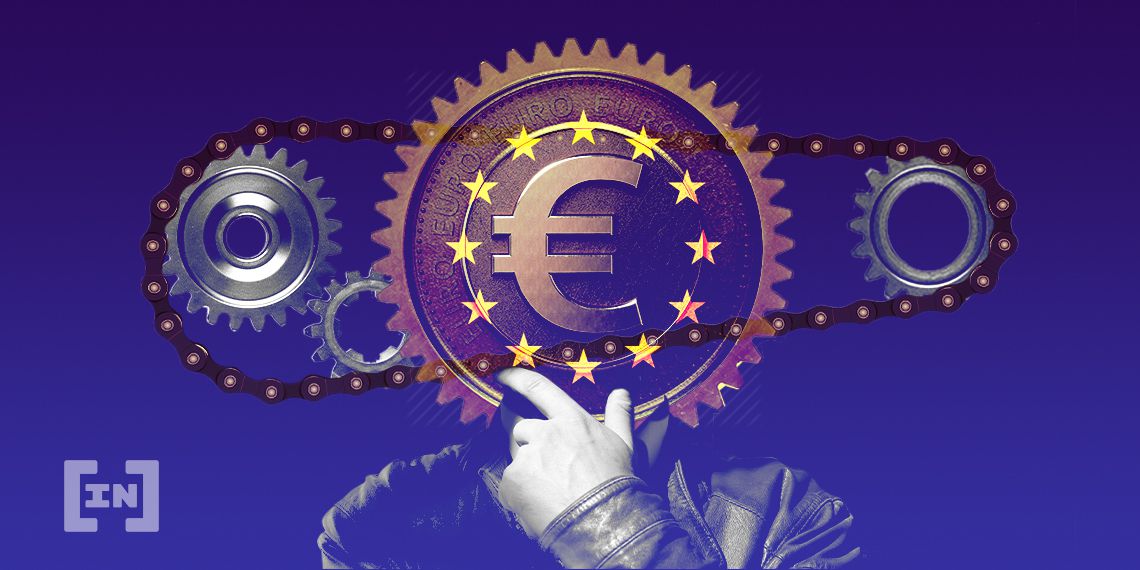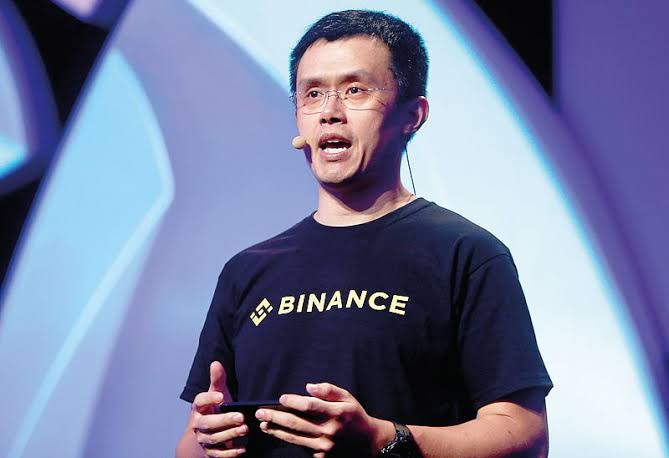According to a report by the European Central Bank (ECB), central bank digital currencies (CBDC) could be the “holy grail” of cross–border payments and have the potential to drive all other currencies on the market – including Bitcoin and stablecoins – out of the market.
The ECB wrote in the report that of all cross-border means of payment Bitcoin is “the least trustworthy”. In addition, the cryptocurrency should “expensive and wasteful by nature” be.
Bitcoin vs. Central Bank Digital Currencies
As part of the Report with the title “Towards the holy grail of cross-border payments” (On the way to the holy grail of cross-border payments), the Central Bank analyzed a number of different options. These payments, also known as remittances, are still slow, expensive and extremely inefficient. The report, co-authored by Ulrich Bindseil, the Director General for Market Infrastructure and Payment Transactions, states::
“The holy grail of cross-border payments is a solution that enables cross-border payments to be processed without delay, cost-effectively, universally and via a secure settlement medium.”
In March 2022, the global average cost for international transfers 6.09 %. For some international transfers, the cost of a single transaction even on around 20 % rise. The report weighed up a number of potential alternatives and examined which could be the best solution.
According to the report, the Bitcoin has a number of inherent vulnerabilities on, for example, the inefficient Proof-of-work consensus mechanism and the unstable purchasing power of the crypto currency itself. In addition, the authors classified the cryptocurrency as “international funds for illegal payments” a.
The authors concluded that Bitcoin “probably won’t be the Holy Grail of cross-border payments“. Stablecoins are due to the “closed circuit systems” and the Fragmentation still “more problematic” than Bitcoin.
After carefully weighing the advantages of all options, the ECB concluded with the 59-page Central Bank report that a CBDC under the control of central banks such as the European Central Bank the best and most likely way to the “holy grail” of efficient payments is.
G20 countries promote international payments
In 2020, the G20 members declared improving cross-border payments is one of the organization’s main priorities.
The Financial Stability Board (FSB) was instructed to work with the Committee on Payments and Market Infrastructures ( CPMI) to identify the current problems of the system and to develop a plan for optimization. In a 2021 analysis, the FSB wrote:
“Cross-border payment transactions are at the heart of international trade and economic activities. […] However, for too long, cross-border payments have faced four particular problems: high costs, low speeds, limited access and insufficient transparency.”
The reasons for this lie in the high costs and inefficiencies that the traditional banking system entails. The cost factors include, among others, operating costs, costs for compliance with financial regulations, network costs, costs for correspondents, foreign exchange costs and liquidity costs. But it was precisely from these self-created costs that the banking system had previously benefited itself.
While this series of inefficiencies has been weighing on the system for years, there now seems to be a real willingness to actively address the problem.
The question that arises now is what prompted the old financial system to suddenly give priority to solving a problem that it itself has not tackled for decades. In addition, it is striking that the ECB puts Bitcoin in a bad light. Are banks afraid of losing control over international payments? Or is the ECB’s criticism really justified?
Disclaimer
All information contained on our website is researched to the best of our knowledge and belief. The journalistic articles are for general information purposes only. Any action taken by the reader on the basis of the information found on our website is done exclusively at his own risk.





